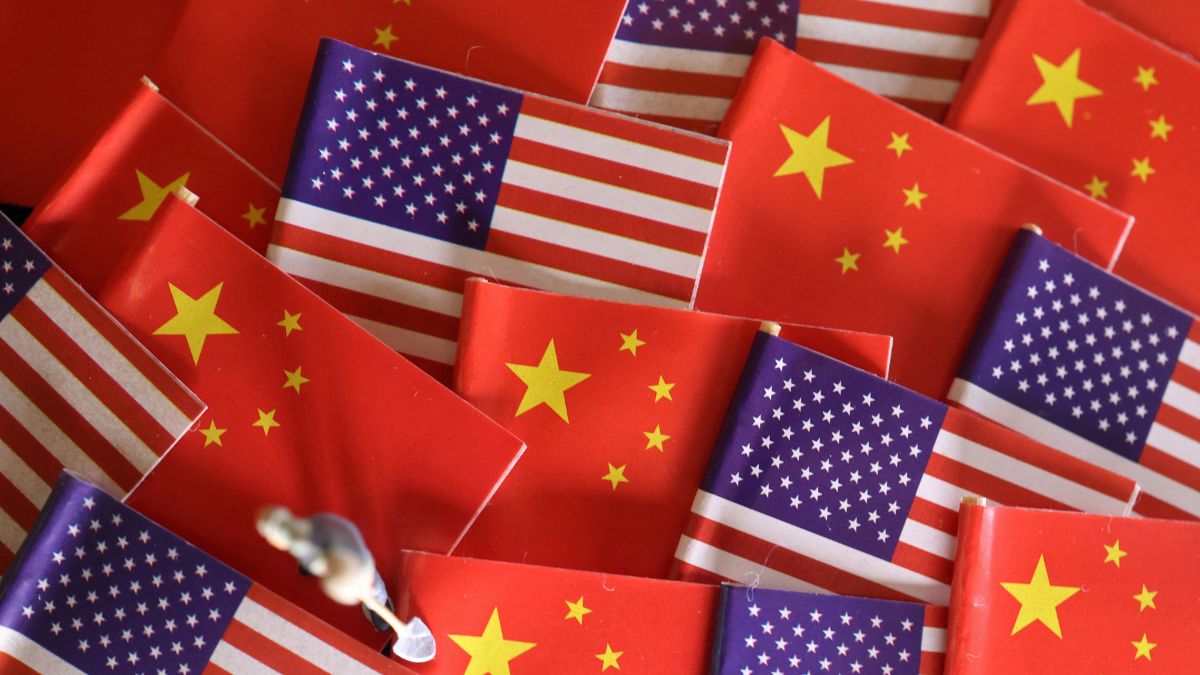China poses the most significant and wide-ranging threat to US national security, according to an annual report released by the US intelligence community on Tuesday (March 25).
The report warns that Beijing is making “steady” progress toward building the capability to forcibly take control of Taiwan, the self-ruled island it considers a breakaway province.
The Annual Threat Assessment, made with the consensus of multiple US intelligence agencies, points to China’s increasing “coercive pressure” on Taiwan and its “wide-ranging cyber operations against US targets” as central components of its threat profile.
“China presents the most comprehensive and robust military threat to US national security,” the report concluded.
Cyber operations and global influence campaigns
The assessment points to Beijing’s growing willingness to expand its reach through cyberattacks and influence operations. It warns that China is likely to continue pursuing “coercive and subversive malign influence activities” aimed at undermining the US both domestically and on the global stage.
According to the report, the Chinese government is especially focused on countering what it perceives as a “US-led campaign to tarnish Beijing’s global relations and overthrow” the ruling Chinese Communist Party.
The Taiwan question
Beijing is actively preparing to challenge US military operations in the Pacific, the report said and is “making steady but uneven progress” in acquiring the capabilities needed to attempt a seizure of Taiwan.
Yet, US intelligence agencies believe that Chinese leaders remain cautious in their approach. The report suggests Beijing is looking to manage tensions with Washington in the near term, in part to safeguard its core interests and gain time to consolidate its strategic position.
Xi Jinping’s leadership has its limits
While China’s ambitions are far-reaching, the report also identifies internal vulnerabilities, particularly those stemming from President Xi Jinping’s leadership style. Xi’s focus on security and personal loyalty is “undermining China’s ability to solve complex domestic problems and will impede Beijing’s global leverage,” the report states.
It contrasts Beijing’s caution with the more overtly aggressive approaches taken by other US adversaries such as Russia, Iran, and North Korea.
Beijing pushes back on ‘biased’ assessment
China swiftly rejected the intelligence findings, with foreign ministry spokesman Guo Jiakun calling the report “irresponsible and biased.”
“The US publishes these kinds of reports year after year,” Guo said during a regular press briefing. “We have no intention of surpassing anyone or replacing anyone.”
Impact Shorts
More Shorts‘Our most capable competitor,’ says US intelligence chief
Speaking before a Senate panel on Tuesday, US Director of National Intelligence Tulsi Gabbard reinforced the report’s conclusions, saying, “China is our most capable strategic competitor.”
Beyond China, the Annual Threat Assessment also outlines ongoing threats from Russia, Iran, North Korea, and non-state actors including transnational criminal organisations such as Mexican drug cartels and Islamic extremist groups.
With inputs from agencies
)